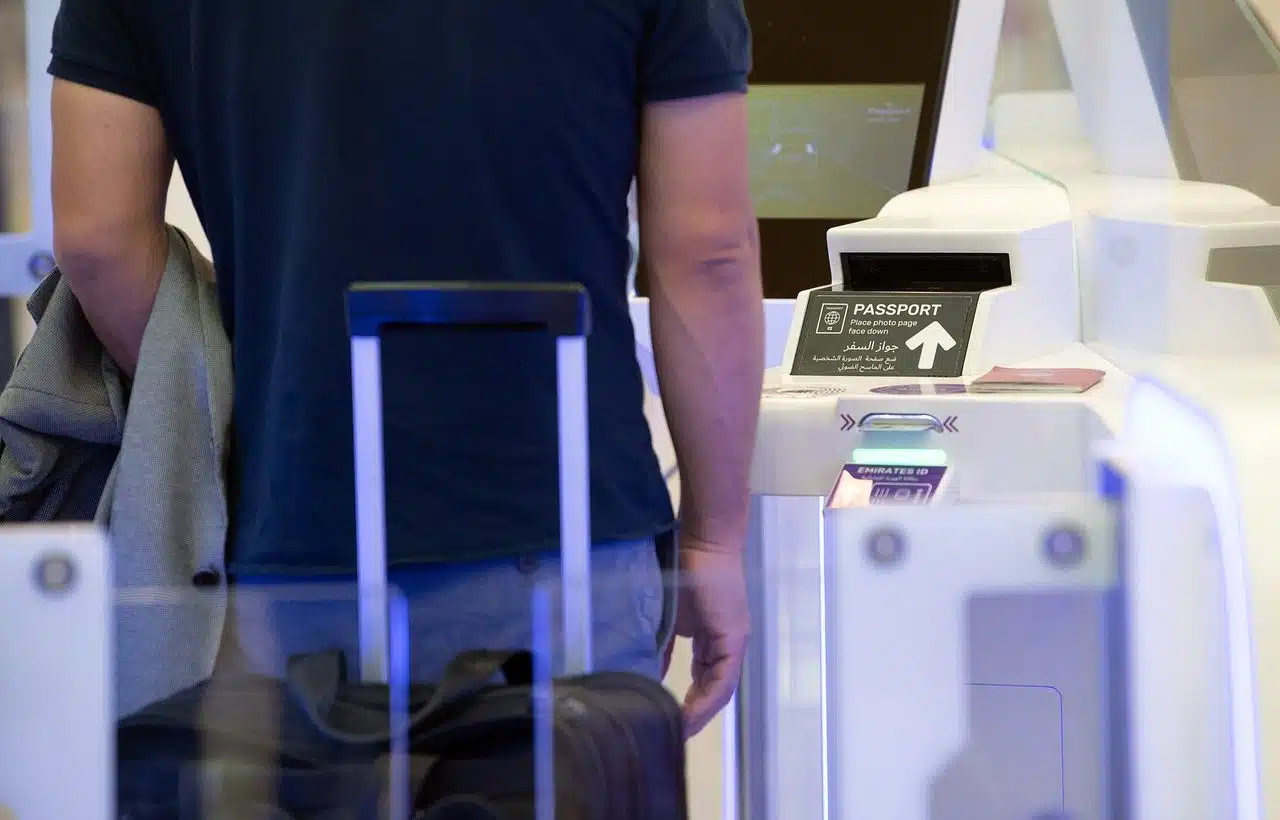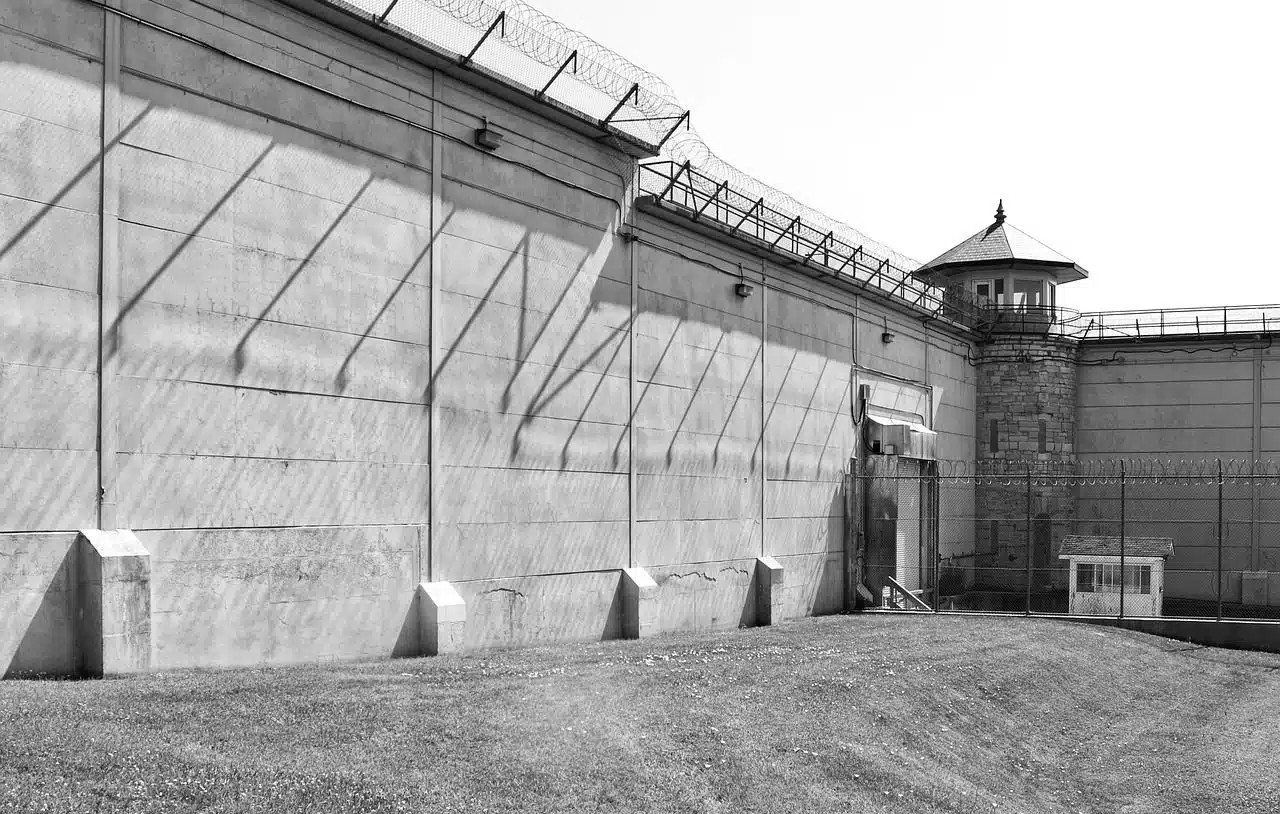
Luggage searches are common at airports.
Requisition is a term in our language that comes from the French réquisition . It is the process carried out by an authority to inspect a certain place or review a person's belongings and thus seize certain objects, the possession of which is not permitted.
For example: “Prison authorities seized three firearms and eight knives after a general search,” “The suspect's vehicle was subjected to a search,” “The search of a transportation company allowed five kilograms of cocaine to be seized.” .
The requisition, a power of the State
Searches constitute a power of the State , in accordance with the provisions of the laws of each country. It is common for searches to be carried out at airports, train stations, bus terminals and sea ports, to check the luggage being transported and detect possible illegal merchandise.
Despite being a legal and reasonable measure, the search is usually contaminated with racism , especially when a terrorist attack has taken place shortly before, as a result of bad relations between two countries or to make immigration as difficult as possible.
It is unfortunate to be in an airport and observe the difference in treatment that each person receives depending on their country of origin , especially given that contempt begins for ethnic reasons; Certain physical features, skin color or even the way you dress are enough reason to arouse hatred and give rise to a series of abuses against which little can be done in the middle of a trip abroad.
The selection
On the other hand, the authorities of each country cannot carry out complete searches on each person who enters and leaves; For this reason, they rely on the use of certain detectors to observe the inside of the suitcases without having to open them, and also to check that no one is carrying metallic objects in their clothing.
In addition to technology, an essential element when deciding who to search with greater intensity is intuition ; Based on their experience and professional training, the people in charge of this task must decide who to search and who to let pass , with the risk that this entails.
A search carried out by the Airport Police , to cite one possibility, can involve opening dozens of bags and suitcases and calling on specialized dogs to detect drugs. Thanks to this type of actions, security forces are in a position to fight against drug trafficking .

In prisons, searches allow the seizure of prohibited items in the possession of inmates.
Searches in prisons
Searches are also frequent in prisons . The authorities in charge of controlling prisons periodically carry out cell inspections to confirm that inmates do not have items whose possession is prohibited in that context. Thanks to a search, it is possible that members of the Penitentiary Service discover that a prisoner was hiding a weapon among his belongings. After detecting the weapon, the authorities take it away from the inmate and punish him for violating the rules .
However, the rules in prison go far beyond the mere prohibition of having a weapon; Outside of the objects that may represent a risk to the physical integrity of other prisoners and security officers, there are others whose possession is not permitted inside the cells so that the establishment can have greater control over the behavior of the inmates. .
A clear example is clothing. Depending on the penitentiary center, each prisoner may have a certain amount of clothing in his cell in addition to the uniform assigned to him; Although going over that limit does not endanger your colleagues or authorities, it does constitute a violation of the basic rules , so if a situation of this type comes to light during a search, a sanction is also applicable.
